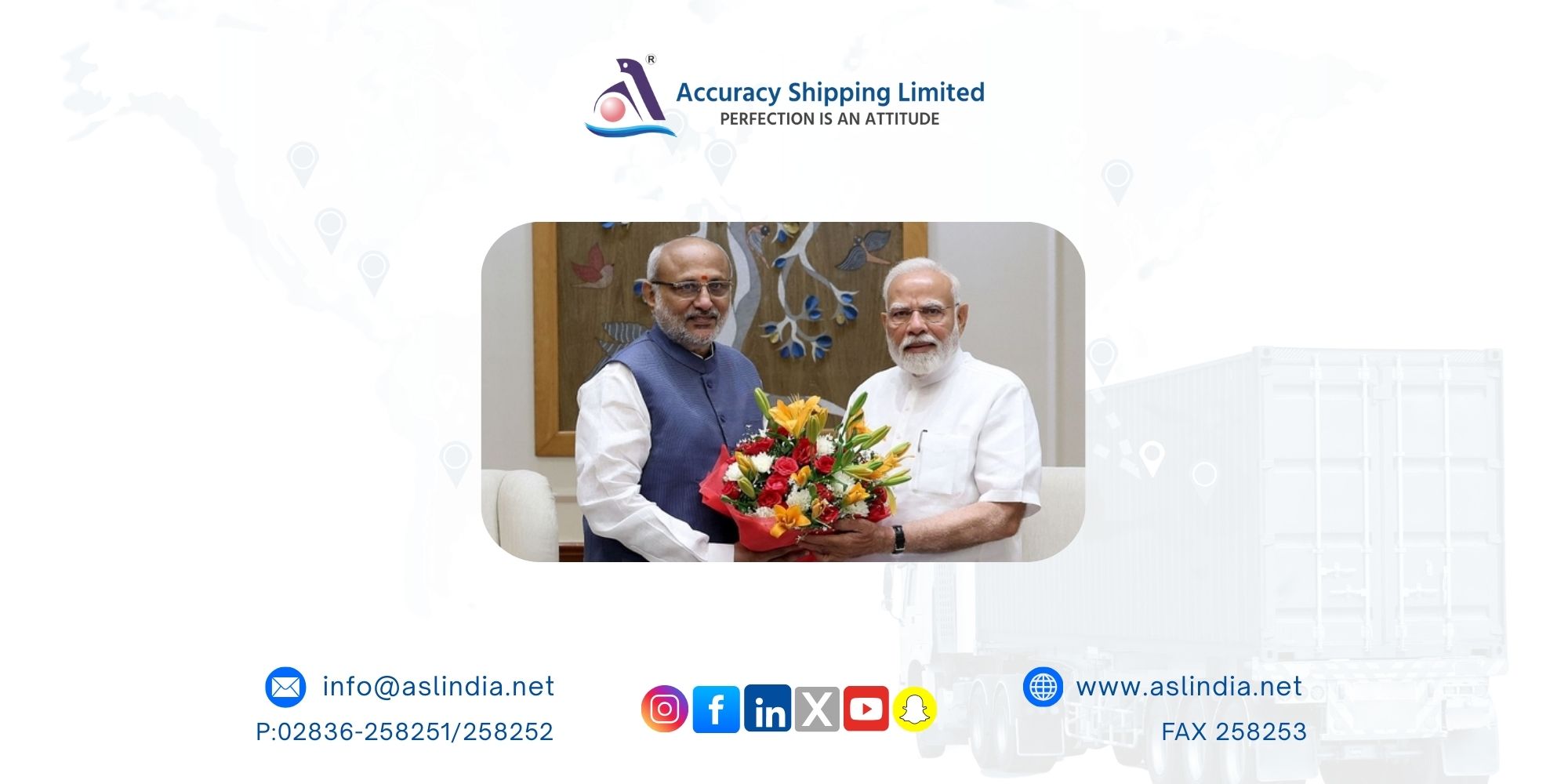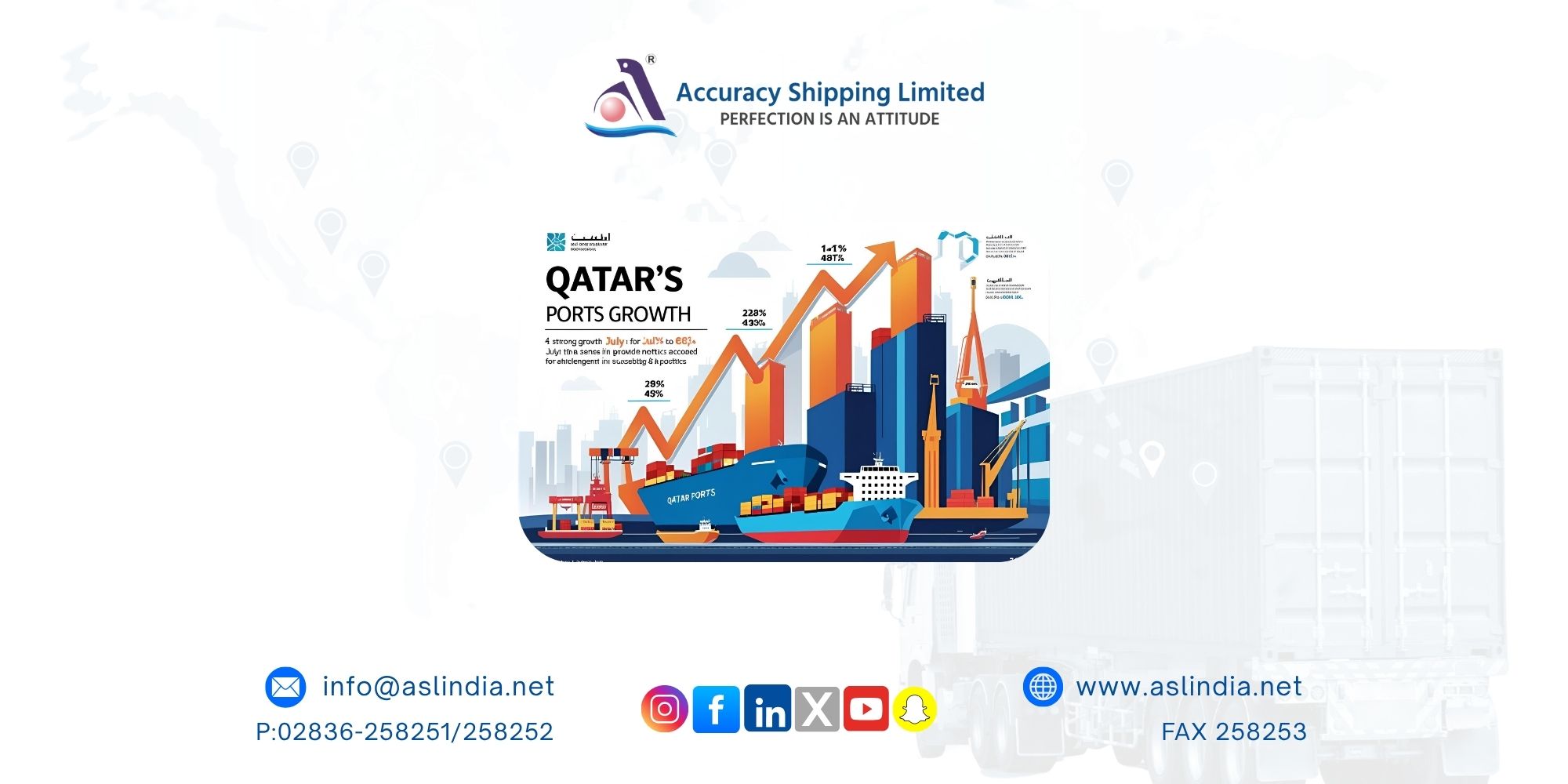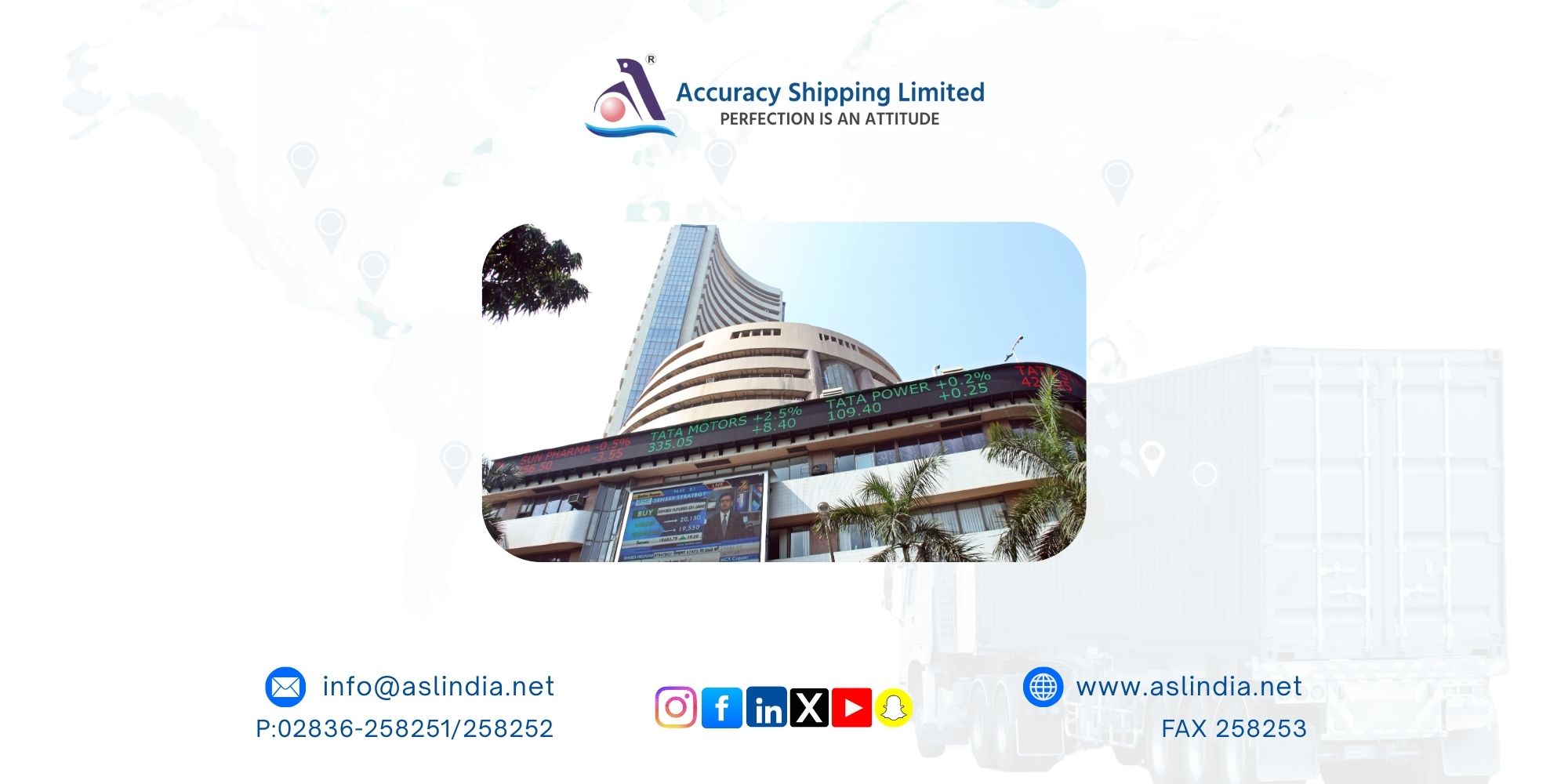Report highlights alarmingly high prevalence of hypertension in Hyderabad and Chennai

India’s urban health crisis is escalating, and a recent report from Apollo Hospitals titled Health of the Nation 2025 paints a sobering picture. It reveals an alarming rise in hypertension cases, especially in major cities like Hyderabad and Chennai, where lifestyle diseases are surging at an unprecedented rate. Driven by sedentary habits, chronic stress, and lack of preventive care, hypertension is now a silent epidemic impacting both the old and the young.
Urban Living and Hypertension: A Brewing Storm
In Telangana, 23% of those screened were diagnosed with hypertension, while another 55% were classified as pre-hypertensive. In neighbouring Andhra Pradesh, 26% were found to be hypertensive, with 52% at the pre-hypertension stage. These statistics highlight a dangerous trend—early and widespread risk of cardiovascular disease across both states.
Major metro cities are at the heart of this crisis. Hyderabad reported 68% prevalence of lifestyle-related health conditions, followed closely by Delhi (65%) and Chennai (63%). These conditions are not just statistics—they represent millions living with increased risk of heart disease, stroke, kidney failure, and premature death.
The Youth Are Not Spared
One of the most concerning revelations from the report is the steep rise in hypertension among younger demographics. In 2024 alone, 26% of individuals under the age of 45 were diagnosed with high blood pressure. Even more alarming is the prevalence among students: 9% of high schoolers and 19% of college students were found to be pre-hypertensive. This rise is attributed to increasing academic pressure, unhealthy diets, lack of physical activity, and screen-heavy lifestyles.
Women and Metabolic Risks
Women are increasingly affected too. The data shows that 40% of women aged between 40 and 55 are now living with hypertension. What’s more, 74% of hypertensive individuals also had fatty liver disease, indicating deeper, interconnected metabolic issues that could spiral into more severe health complications.
Prevention Is Urgent—and Possible
Dr. Prathap C. Reddy, Founder and Chairman of Apollo Hospitals, emphasized the need for immediate action. “India has overcome many public health crises, and each success was driven by awareness and collective effort,” he noted. “Through initiatives like Apollo ProHealth, we are transforming over 25 million screenings into powerful action—enhancing digital hypertension monitoring, strengthening policy advocacy, and making routine screenings a national priority.”
Echoing this, Dr. Preetha Reddy, Executive Vice Chairperson, warned that hypertension is no longer confined to genetics or age. “It’s a silent epidemic among young, urban Indians,” she said. “Nearly 30% of the urban population under 40 is already affected by hypertension or pre-hypertension. We must understand the full cardiovascular risk profile of individuals.”
Technology, Awareness, and a Paradigm Shift
The report urges a tech-enabled, personalized approach to prevention. With 80% of hypertension-induced heart attacks and strokes being preventable, lifestyle changes—like lowering salt intake, increasing physical activity, and reducing stress—are more critical than ever.
Apollo Hospitals also advocates for integrating technology such as artificial intelligence, telemedicine, and predictive analytics into health monitoring. Techniques like Coronary Calcium Scoring and advanced imaging can help detect heart disease in its earliest stages. Timely interventions for early-stage atherosclerosis can potentially reduce cardiovascular events by up to 50%.
The Road Ahead: Rethinking Normal
“1 in 2 healthy Indians show early signs of heart disease,” the Apollo report warns. The call to action is clear: start regular screenings from age 30, especially for those with a family history of heart disease. It's time to challenge outdated definitions of “normal” health and act proactively, not reactively.
As hypertension tightens its grip on India’s cities—Hyderabad and Chennai at the forefront—it's not just a health issue anymore. It’s a wake-up call for individuals, healthcare providers, and policymakers alike to adopt a comprehensive, preventive, and technology-driven approach to public health.







